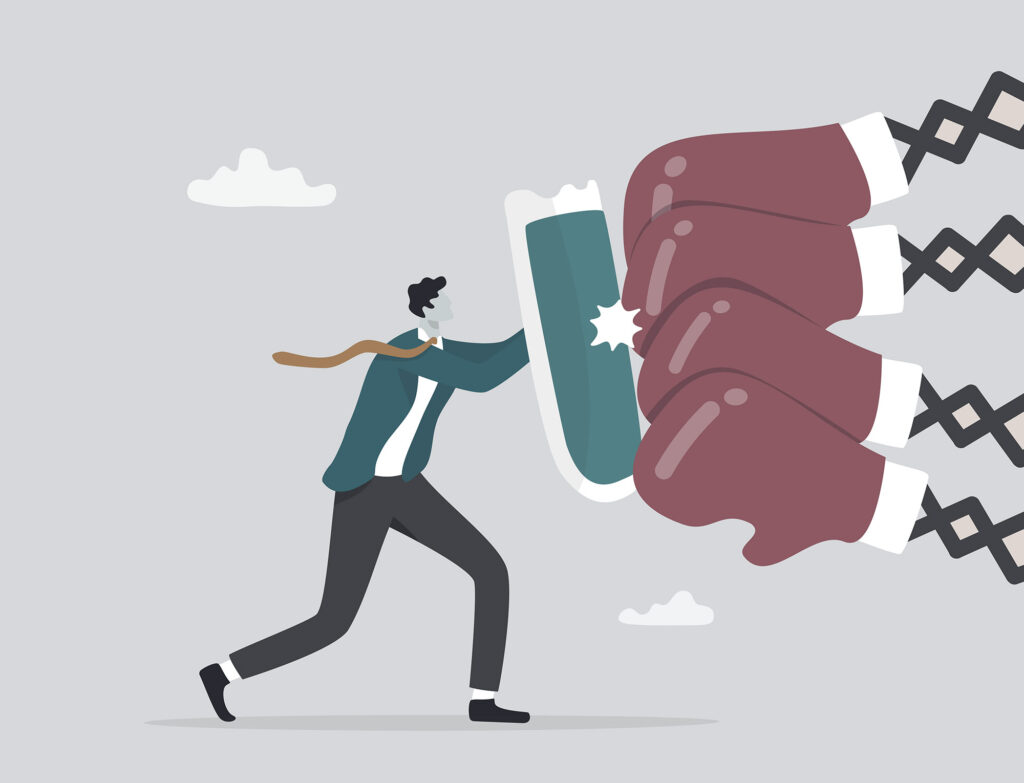Experiencing, managing, and navigating emotional distress can be challenging to deal with, especially during times of crisis. Stressful situations can make us feel so helpless and out of control. This is why it is important to increase distress tolerance skills. What exactly is distress tolerance? A person can effectively manage overwhelming emotions. When we have high distress tolerance, it means we are able to regulate thoughts and feelings and work through crisis situations.



Let’s discuss some common skills to boost the ability to tolerate stress.
Radical Acceptance
This skill can be difficult to practice, but it is something that helps us calm our emotional reactions. When we are faced with crisis situations, we often tell ourselves, “This shouldn’t be happening,” “I can’t believe this,” or “This isn’t real.” We may become angry to the point where we can’t see what is happening, which will only escalate emotions. Radical acceptance is the acknowledgment that the present moment is happening whether we like it or not. Coming to the realization that we cannot avoid distress is challenging, but it helps us work through the present moment. We find ways to regain control and say, “Now what?”
TIPP
A Dialectical Behavioral Therapy (DBT) skill that stands for temperature, intense exercise, paced breathing, and paired muscle relaxation. These paired together are going to help lower emotional distress and help work on regulation.
- Temperature: our bodies tend to feel very hot when we’re upset. Splash cold water on yourself, place an icepack on your neck or wrists, or change into a cooler outfit to lower your body temperature.
- Intense Exercise: if you are feeling an intense emotion, release that intensity through a workout. Running, lifting weights, swimming, or even just jumping in place are great ways to release the tension. Increasing your oxygen flow helps lower stress levels.
- Paced Breathing: there are many different ways to practice paced breathing. Find an exercise that works best for you and implement it the next time you are experiencing an extreme emotion. Focusing on your breathing pattern will help you feel calmer.
- Paired Muscle Relaxation: tighten each muscle in your body for at least five seconds, then release it, allowing it to rest. Your breathing and heart rate will slow, making it easier to relax.
Relax and Soothe Yourself
Calming yourself is very important when managing distress. It gives your body a rest from constantly being in “fight or flight” mode, and allows you the time to learn healthy and useful coping skills. Relaxing can be taking a hot bath or shower, yoga, mediation, listening to music, taking a walk, or any other self-care activities.
Visualization is a great calming technique to use when feeling stressed. Find a quiet, safe area where you can close your eyes for a few minutes. Imagine a place where you would like be in that moment. Clearly think about the colors, shapes, smells, textures, and details. Anytime you feel extreme distress, take some time to visualize this place in your mind.
Engage all five of your senses in some way. Listen to your favorite music or calming sounds, taste a pleasurable snack, touch a soft blanket or play with a fidget toy, smell a candle or air freshener, and look at the sights around you. It is important to focus on the details of each stimulation to ground yourself and bring yourself back to the present.

INtegrative psychotherapy group
Seek Help Through Counseling and Therapy
If you notice that you are stuck struggling with regulating your distress, reach out to a mental health professional. Therapy can help you learn effective distress tolerance skills and help you work through crisis situations. Remember, you are not alone, and you can learn to manage emotional distress.
Reach out to Integrative Psychotherapy Group and schedule a session today!
